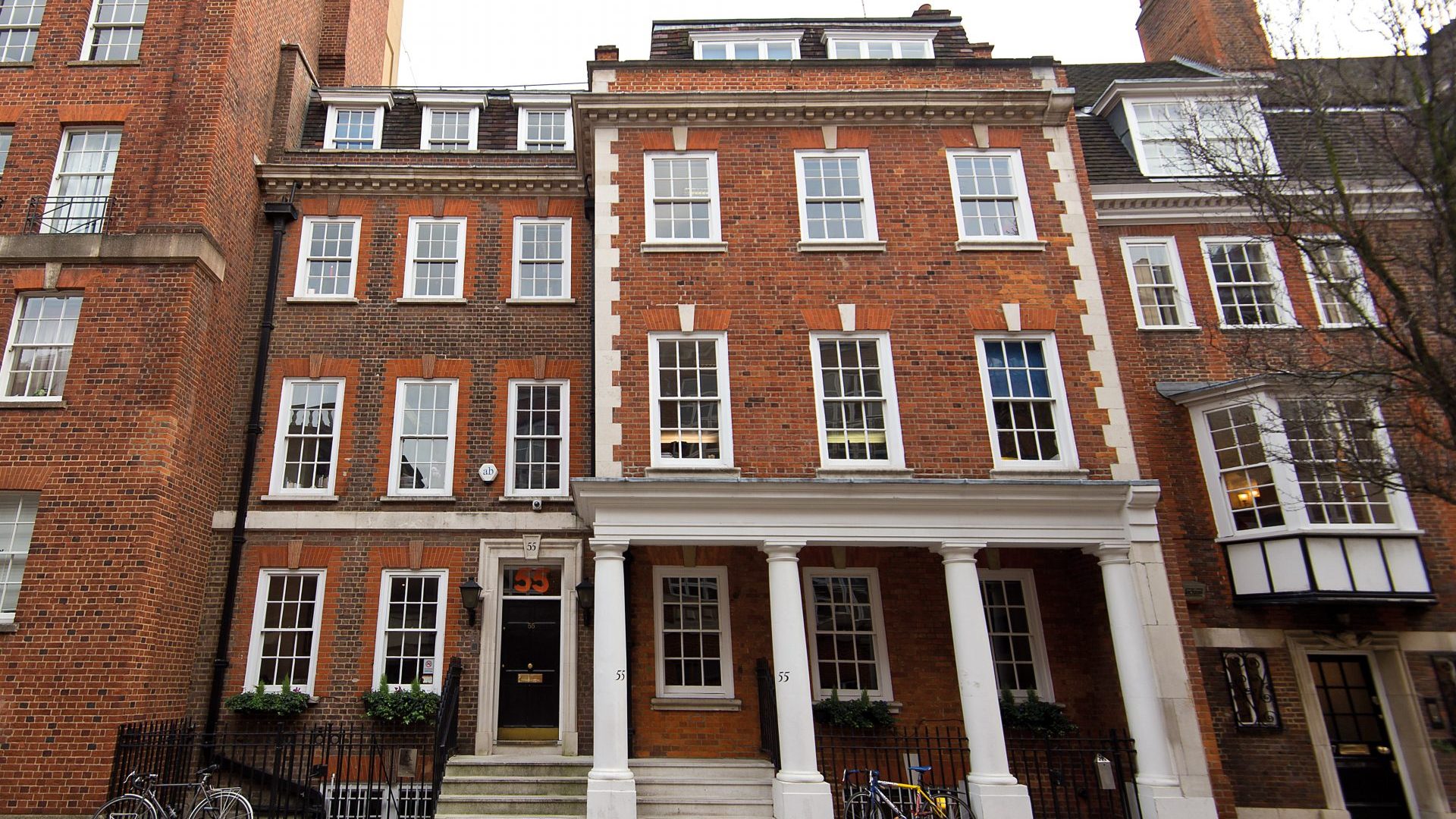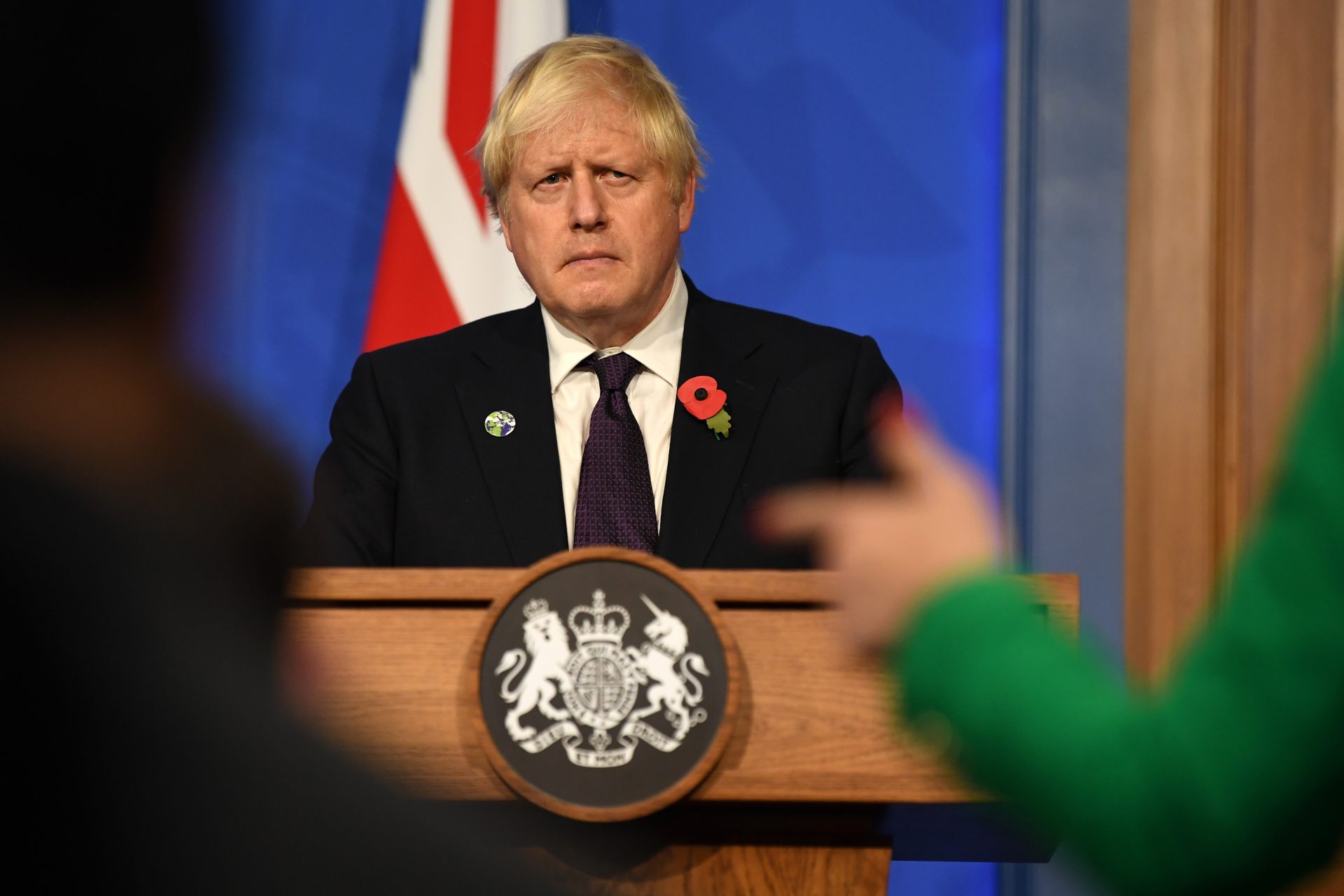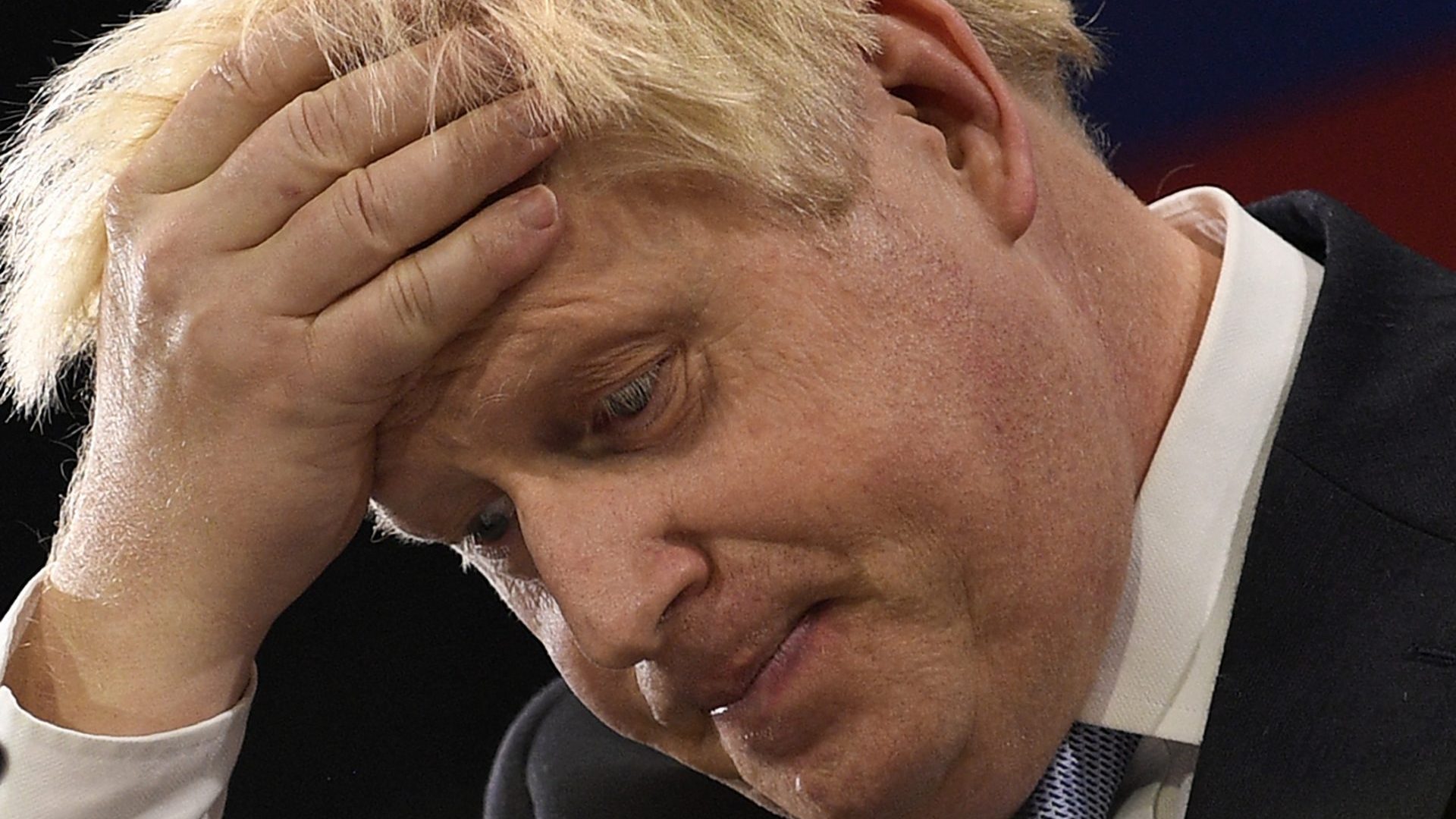There is, at most, a very short list of political addresses familiar to a UK audience. The most famous, of course, is 10 Downing Street, the cramped office, official residence and party venue of the prime minister.
A British audience will probably also be familiar with 1600 Pennsylvania Avenue is Washington DC, the address of the White House.
Far fewer will be able to name a third political address. If they can, it’s almost certainly 55 Tufton Street, which is strange as it has no official role in government life and isn’t home to any departments.
Instead, as the spiritual home (and often the physical base) of a loose coalition of nine think tanks and campaign groups – plus as a shorthand for a wider network less connected to that physical address – it has, through soft power and indirect influence, had perhaps more influence on the course of UK politics over the past decade than many departments and most political parties.
Now, as we look to the next decade, and several parts of the machine seem to be turning their attention towards climate change and the path to (or away from) net zero, is a good time to look at the history of the network, its tactical approach, and what it’s doing – if for no reason other than to try to make sure its future efforts are less successful than those in the past.
The first of the Tufton Street groups to really come to public attention was the cleverly named TaxPayers’ Alliance (TPA), which brands itself as a “non-partisan” and “grassroots” organisation. Its modus operandi was to consistently highlight apparent government waste, often picking issues with relatively small sums of money at hand, but which would attract clear public scorn and media coverage.
Unlike other think tanks which would conduct detailed policy research aimed at informing actual government policy, the TPA would aim squarely at the media, producing easy-to-digest briefings for which the stories would write themselves. Journalists, through a combination of time pressure and laziness, would find it incredibly easy to transfer TPA research on to front pages.
This media-friendly approach extended further: any reporter who has needed to get a reaction quote for a story on a Saturday knows that many press officers won’t bother to answer the phone.
This was never the case with the TPA – not only would someone always pick up the phone, but they’d also have a quote tailored to the exact story within 15 minutes.
People would look for reasons of chumminess, ideology, or the oldschool tie as to why some places get quoted more than others. The reality often comes down to who will reliably pick up the phone and deliver the goods. These media-savvy tactics were soon transferred more directly into changing British politics.
As one of their conditions for forming a coalition government with David Cameron’s Conservative Party, the Liberal Democrats secured a referendum on whether the UK should switch to the Alternative Vote system.
TaxPayers’ Alliance chief executive Matthew Elliott became the director of the cross-party NOtoAV campaign, and adopted a playbook that became very, very familiar in an even higher-profile referendum a few years later. The campaign came up with a highly dubious figure as to the cost of switching to AV, settling on £250m, a total debunked by numerous fact-checkers as highly inflated.
This inflated number was then deployed against a series of emotional images, including veterans and even premature babies in a neonatal ward. The latter had the slogan “She needs a maternity unit, not an alternative voting system.”
The high-minded but hapless Yes campaign, faced with the task of both explaining a new voting system and persuading the public to care about it, was outgunned entirely: AV was defeated in a 68-32 landslide.
This success and the growing profile of the TPA encouraged the Tufton Street think tanks – which included a broader network of like-minded organisations not based there but who would regularly meet to swap ideas, tactics and generally to socialise – and led to more financial support and to more success.
Tenants of No.55 have included Leave Means Leave, the climate change sceptics of the Global Warming Policy Forum and Net Zero Watch, the “anti-woke” New Culture Forum, the anti-surveillance group Big Brother Watch and Migration Watch, which led the charge for lower net immigration.
Down the street are the Adam Smith Institute and the Institute of Economic Affairs.
A key source of ire for Tufton Street opponents is that none of the organisations in the network disclose their funders – and on the few occasions where details have leaked out, these organisations have shared donors, and have taken money from some with clear agendas of their own, co-producing events with tobacco or alcohol industry groups, for example.
Where these detractors misstep, however, is that they assume this means those donors then need to order these think-tankers as to what they should say in their subsequent reports or research.
The reality is more subtle: there is no need to give any instruction of this sort, because the companies already know these organisations are on-side.
It is akin to the old Humbert Wolfe rhyme: “You cannot hope to bribe or twist/thank God! the British journalist/ But, seeing what the man will do/ unbribed, there’s no occasion to.’’
There need not be some backroom deal or secret set of orders – the organisation is funded because its staffers sincerely believe in deregulation, and donors feel free to commission work on topic areas that suit them, knowing in advance the recommendations will line up.
It should be noted that this is not unique to the right of politics, or to the Leave side of the argument.
A pro-EU donor commissioning an internationalist think tank staffed by trained and sane economists could commission research on, say, trade with the EU and be confident in getting a report they like.
Tufton Street’s splashy tactics and closeness with those in power came to the fore through the Brexit referendum and its aftermath – a set of actions so covered and so familiar that to retread them all here would be tedious in the extreme.
Tufton Street alum ran the campaign, became Number 10 staff, and held huge sway over the eventual deal that was shaped.
Perhaps the most surprising thing was how little the tactics needed to change: £350m a week for the NHS was nothing different from the NOtoAV £250m tactic, albeit with a larger number and on a larger stage.

Neither the left nor the centre of the British political world have come up with anything to trouble the longstanding playbook of the Tufton Street network.
Popular threads on Twitter – and pub talk among the animated Remain camp – paints the above network as something akin to a deliberate conspiracy, a concerted effort to infiltrate politics and create hidden networks of influence.
The people involved laugh at this as a deranged conspiracy theory.
And yet it isn’t wrong on the actual facts: Tufton Street serves as a nexus of political influence, and does work to tie up corporate and other undisclosed interests into the political process.
But it doesn’t do it in a way that feels malign to those involved: it is a network of people who agree with each other on most issues, have been colleagues and often friends, and who obviously have sought employment in organisations aligned with those they’ve worked at in the past. Who wouldn’t agree to have a drink with an old friend they used to work with?
Who wouldn’t consider a talented former colleague for a job in their new workplace? Who wouldn’t pick up the phone to pick the brains of their old boss when they’re stuck on a problem?
These all feel very normal and natural to any of us. It’s just very, very different when, almost without you noticing, your friendship group has become the group of people effectively running the country – or at least a decent chunk of it.
This is not a case of the banality of evil, but of the banality of influence.
It’s also why a fairly accurate set of accusations can be made to sound ridiculous to the people targeted by them – there isn’t one person or a small cabal deliberately directing all of this. But that should hardly matter.
The Tufton Street network is moving on from Brexit and deregulation (although not leaving them behind) and increasingly becoming active on climate.
Their playbook still hasn’t changed. Nothing has forced it to do so.
What’s needed is something that counters it – instead of what we keep doing, time and again, which is merely publicly complaining that it keeps on working.




